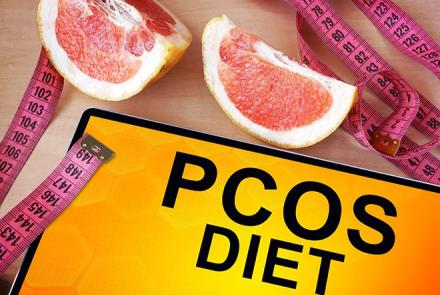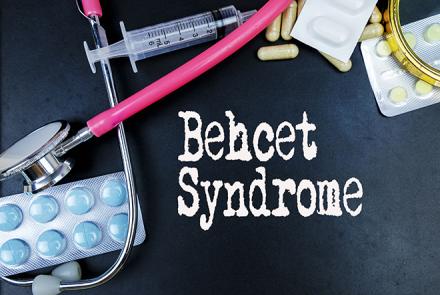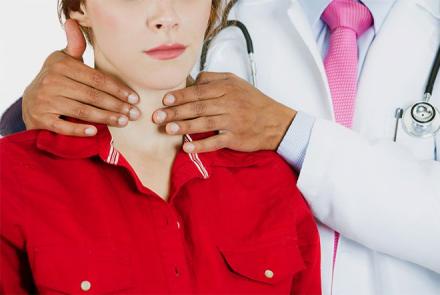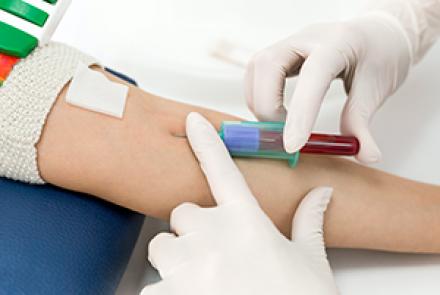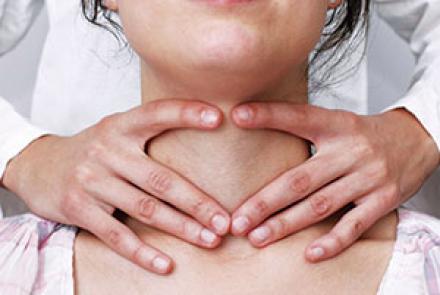
Dr Anshumala Kulkarni, Consultant Gynecological Surgeon, Kokilaben Dhirubhai Ambani Hospital addresses questions on how thyroid hormones affect the reproductive system of women during various life stages.
Thyroid hormone functions have a complex interplay with all the hormones of the reproductive system. Thyroid hormones act at the level of the pituitary gland and affect the release of stimulating hormones from the pituitary and estrogen, progesterone and testosterone hormones from the ovary/ testis.
Disorder of the thyroid gland viz hypothyroidism and hyperthyroidism, affect the reproductive health by reducing rates of conception, increased early pregnancy loss, and adverse pregnancy and neonatal outcomes.
Hyperthyroidism is found in approximately 2.3% of women presenting with fertility problems, compared with 1.5% of women in the general population. The condition is linked with menstrual irregularity.
Hypothyroidism affects around 0.5% of women of reproductive age. Hypothyroidism in childhood and adolescence is associated with a delay in reaching sexual maturity, and in adulthood is associated with menstrual problems and in some cases lack of ovulation.
Hypothyroidism, specifically, is the most common of thyroid disorders in India, affecting one in ten adults. Iodine deficiency was the primary cause of hypothyroidism which was resolved with iodised salts, however Autoimmune thyroiditis is now the most common cause of hypothyroidism causing reproductive issues, abortions as well as congenital hypothyroidism in newborns.
Screening of thyroid disorders is by a simple blood test and should be advocated to all who have menstrual disorders, infertility and as a routine prenatal test. This can pick up and treat the problem and conserve good reproductive health in all.
1. How do thyroid hormones physiologically affect the reproductive systems during:
- Puberty
- Menstruation
- Pregnancy
- Menopause
Thyroid hormones are the catalyst in all the homonal functioning in our body. They are deeply intercative with all our reproductive hormones as the stimulation of ocaries and throid gland originates form the same pitituary gland in our brain.
Puberty is seen to be delayed in patients with undiagnosed hyperthyroidism due to the action of increased level of thyroid hormone on the estrogen levels.
Menstruation and a good reproductive health are closely dependant on normal thyroid functions.Patinets with hypthroidism ( lack of adequate thyroid hormone, TSH is raised) will have delayed periods or complete absence of periods, conversely they may also have very heavy bleding during periods. Patients with excess thyroid ie: hyperthyroidism have reduced bleeding or no periods at all.
Hypothyroidism affects outcome of pregnancy. Those with low level of T4 have increased incidence of missed abortions in early pregnancy, in later stages they can have premature birth low birth weight or high blood pressure. Hyperthyroidism can cause low birth weight babies with fetal high heart rate. The medication given for hyperthyroidism cross to the baby hence can casue fetal liver damage and have to be used cautiously.
Menopause in unaffected with thyroid hormones, though delayed onset of hypothyroidism can show up as menstrual irregularities which are co related falsely with peri menopause.
2. Is the reproductive health of men with thyroid disorders affected? If yes, how so?
Men with undiagnosed hypothyroidism have low sperm counts and reduced testicular size, with tretament the counts and size both recover to normal. Hypothyroidism causes abnormal forms of sperms which cause infertility, hyperthyroidism casues reduced count and motility of sperms. In some patients with sub occult hypothyroidism can have loss of libido and erectile dysfunction.
3. How does thyroid dysfunction affect the ovaries and the uterus?
Production of ovum cyclically depends on the signals from the pituitary gland, which is altered in hypothyroidism. These patients often have delayed periods as they do not have ovulation, they may show signs of increased prolactin hormone which can cause anovulation.
4. What are the most common gynae problems seen in Indian women due to thyroid disorders?
Weight gain due to undiagnosed hypothyroidism casues many menstrual disturbances. We often see infertilty as the major symptom, they also have recurrent first trimester abortions.
5. Can thyroid patients get pregnant? Do they face more difficulties?
Undiagnosed hypo or hyperthyroidism patients can be pregnant, however they do face issues of preterm birth or growth retardation of the baby. If treated correctly hypothyroidism patients can have normal pregnancy. Patients with hyperthyroidism have to be cautious as all the medications can cross the placenta and enter the baby”s blood stream. Post partum thyroiditus can casue hypothyroidism after pregnancy.
6. What is your advice to women who wish to conceive? Do they need to make any changes to their medications?
Tsh level screening is a must for all patients as a prenatal check up. Keeping the Tsh level below 2.5 is ideal for normal hormonal balance.
7. Once pregnant, what precautions should the woman take?
Frequent blood checks for TSH levels and blood pressure monitoring, ultrasounds to check fetal growth is necessary.
8. What are the adverse effects of hypothyroidism on the fetus?
Fetal growth can be slow in untreated cases. In those with adequate treatment the fetal growth is normal . Generally the fetus derives all it needs form the mother, with the mother having symptoms ad a normal baby. Deficiency of iodine can cause mental deficiency in infants. For all mothers with antobodies to thyroid, the newborn cord blood TSH nad day 5 day 14 TSH should be done to screen for subclinical hypothyroidism.
9. What are the adverse effects of hyperthyroidism on the fetus?
Growth restriction is most commonly seen in patients with hyperthyroidism. Preterm birth and maternal hypertension are seen.
10. What is postpartum maternal thyroid dysfunction? Who is at risk for it?
Post partum thyroiditis is relatively uncommon.it occurs within the first year of childbirth and can last from weeks to months. The frist phase of the condition has all the features of hyperthyroidism like anxiety, fatigue, tremors, weight loss, increased appetite, palpitations. This lasts for a few months and then moves on to the second phase. As the inflammation of the thyroid gland subsides patinets have symptoms of hypothyroidism like lethargy, weight gain, constipation, increased sensitivity to cold and depression.
This is seen in women who have high levels of anti thyroid antibodies, or other auto immune disorders
11. What is congenital Grave’s disease? Signs and symptoms to watch out for?
Anti thyroid antibodies that affect the TSH receptors cause Graves disease in fetus. The antibodies to receptor in mother can cross over to the fetal blood circulation and attack the fetal thyroid gland. Graves diesease is generally known to the pregnant mother and she is under treatment for the same, hence monitoring of antibody levels and ultrasound asessememt of the fetus begins at early stage. In some cases the fetus develops hyperthyroidism with signs of increase heart rate, thyroid nodules in the gland and low birth weight. Maternal treatment of graves disease with anti thyroid medications can suppress thyroid of fetus causing hypothyroidism.
The fetus on delivery requires close monotoring with cord blood and day 5 samples of TSH. In case of hyperthroidism they can be started on medications to reduce thyroid levels.

Dr Anshumala Shukla-Kulkarni, MD (O&G) (Bom), DGO, FCPS
Consultant Gynecological Laparoscopy Surgeon & Robotic Surgeon, Kokilaben Dhirubhai Ambani Hospital
Special Interests: Advanced gynecological laparoscopy surgery, Pelvic floor reconstructive surgery, Excisional Endometriosis surgery.Robotic Surgery
Clinical Fellowship in Advanced Gynecological Laparoscopic Surgery – Sydney
Women’s Endosurgery Centre (SWEC) & St. George Hospital, Sydney Australia.
Clinical Fellowship in Minimally Invasive Surgery – K.K.Women’s and Children’s Hospital Singapore
REFERENCES
- Graves’ hyperthyroidism in pregnancy: a clinical review. Caroline Nguyen, Lorayne Barton & Jorge H. Mestman. Clinical Diabetes and Endocrinology volume 4, Article number: 4 (2018)
- Thyroid dysfunction and reproductive health. Amanda Jefferys BMBS BMedSci MRCOG, Mark Vanderpump MBChB MD FRCP, Ephia Yasmin MBBS MD MRCOG. 23 January 2015 https://doi.org/10.1111/tog.12161



